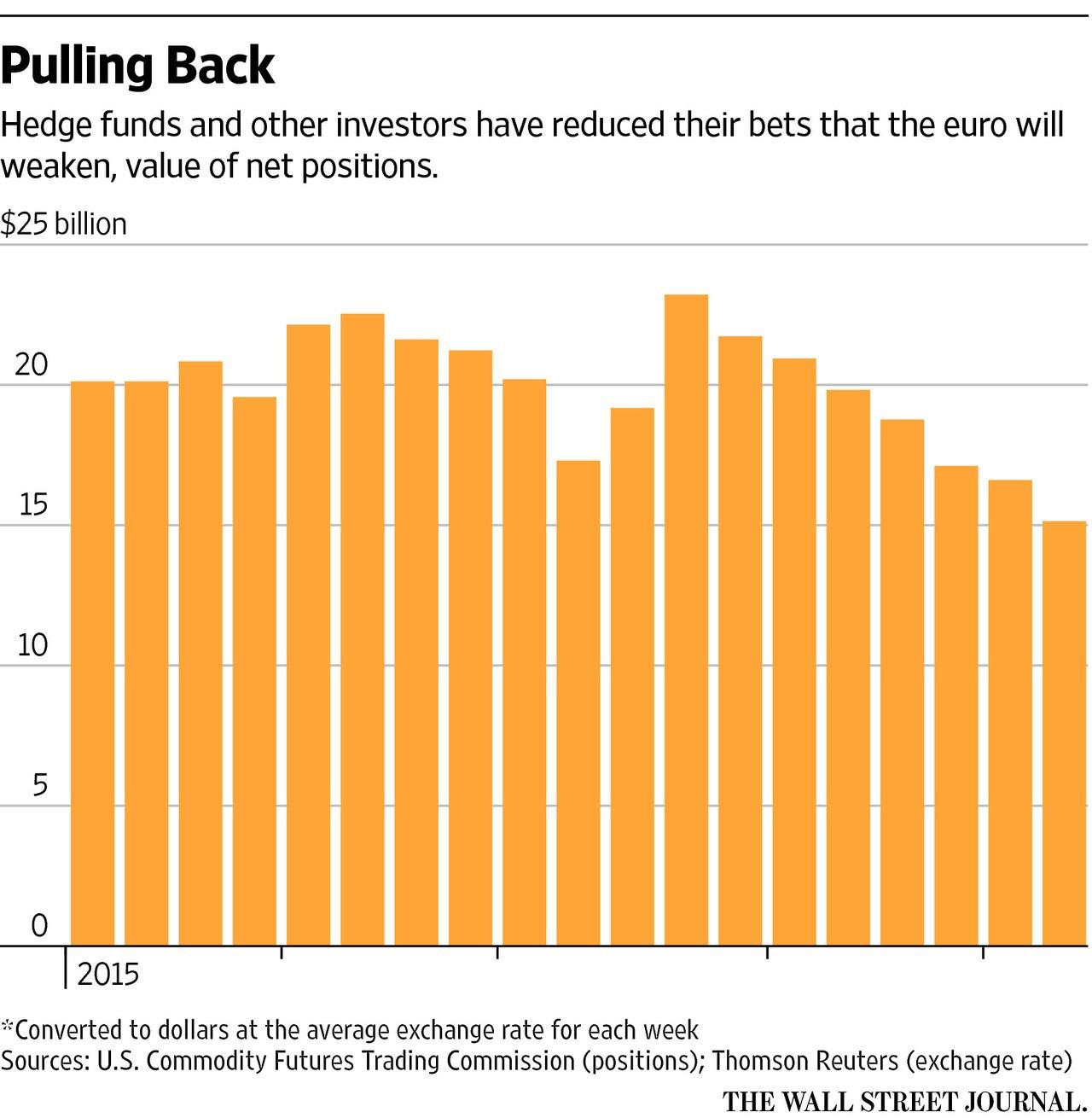Outlook:
The National Association of Home Builders reports April housing starts this morning, forecast to be a juicy number over 1 million (from 926,000 in March) after a really bad winter slowed things down. It’s not exactly a first-tier bit of data but we also get earnings from Home Depot, which speaks to a different housing sector component. Market News notes that the market-moving data this week will be flash PMIs from the eurozone and China, plus maybe US CPI on Friday. But Friday is the day before a 3-day holiday in the US and everyone wants to leave early. Alas, Yellen starts a speech at 1 pm at a chamber of commerce luncheon. It remains to be seen whether traders will hang around for it.
The US yield recovery yesterday is credited with the resurgence of the dollar, even though we do not have a definitive reading on whether Q1 was just an aberration (as the San Francisco Fed now says). For some reason that escapes us—probably the absence of contagion—the prospect of Greek default and perhaps Grexit is not harming the euro. Let’s not make a mistake here—Greece may be only 2% of euro-zone GDP but it’s hard to believe default will have no effect on the euro. We are no longer talking about whether Greece will default, but in what manner. As noted above in the section on Greece, the outcome is going to be like the Argentina outcome—a big fat mess.
We have to wonder if the new talk of front-loading QE is not FX intervention by another name. The ECB can’t have been too happy to see the euro recovering. Maybe it’s a response to silly talk that the eurozone economies are doing so well that QE could be tapered off or ended early. But let’s believe Coeure. He said he was worried about excessive volatility in the bond market and the upcoming summer holiday period in July and August would reduce liquidity. At a guess, the ECB is managing the longer end of the yield curve, something that is traditionally very hard to do. Since nothing is changing in the US outlook, at least not until we get more data, it was up to the Europeans to tame their silly markets. Unsaid is the observation that European bond markets are pretty thin to begin with, at least in compari-son to the US, as well as using outdated technology (the reporting is simply dismal).
As usual, it’s the institutional factor that has the most power, more than any old data release (except maybe US payrolls). We are not accustomed to the ECB being aggressive or doing any-thing suddenly. Usually it takes months of warnings and hints and leading-by-the-nose. So, there could be something under the covers we don’t know about, or we can chose just to believe Coeure—the ECB wants to micro-manage.
It’s a change in style and possibly an important one. Does it mean the euro goes into full remission, i.e., back to 1.0500? Maybe. Most analysts think the current corrective move has not yet ended and we will get a second burst in the euro to 1.1500 and 1.2000 before a drop later in the year. But this could be the Big One. Stay tuned.
Note to Readers: Next Monday, May 25, is Memorial Day in the US, a national holiday. We will not publish any reports. Also, we have jury duty on Thursday, May 28. Sometimes we are excused the night before and sometimes not. The chances are good there will be no reports on Thursday and possibly Friday as well.
This morning FX briefing is an information service, not a trading system. All trade recommendations are included in the afternoon report.
Recommended Content
Editors’ Picks
EUR/USD edges lower toward 1.0700 post-US PCE

EUR/USD stays under modest bearish pressure but manages to hold above 1.0700 in the American session on Friday. The US Dollar (USD) gathers strength against its rivals after the stronger-than-forecast PCE inflation data, not allowing the pair to gain traction.
GBP/USD retreats to 1.2500 on renewed USD strength

GBP/USD lost its traction and turned negative on the day near 1.2500. Following the stronger-than-expected PCE inflation readings from the US, the USD stays resilient and makes it difficult for the pair to gather recovery momentum.
Gold struggles to hold above $2,350 following US inflation

Gold turned south and declined toward $2,340, erasing a large portion of its daily gains, as the USD benefited from PCE inflation data. The benchmark 10-year US yield, however, stays in negative territory and helps XAU/USD limit its losses.
Bitcoin Weekly Forecast: BTC’s next breakout could propel it to $80,000 Premium

Bitcoin’s recent price consolidation could be nearing its end as technical indicators and on-chain metrics suggest a potential upward breakout. However, this move would not be straightforward and could punish impatient investors.
Week ahead – Hawkish risk as Fed and NFP on tap, Eurozone data eyed too

Fed meets on Wednesday as US inflation stays elevated. Will Friday’s jobs report bring relief or more angst for the markets? Eurozone flash GDP and CPI numbers in focus for the Euro.
